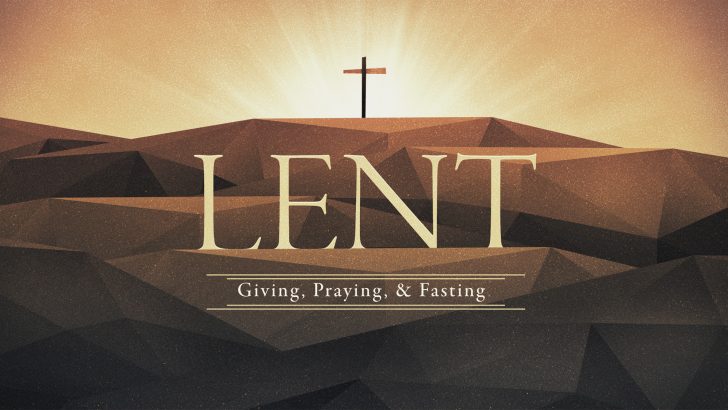My Other Self: Conversations with Christ on Living Your Faith
by Clarence J. Enzler (Christian Classics Ave Maria Press, $13.95 / £8.99; e-book £8.54; ISBN: 978-0870612480)
Donal Anthony Foley
This book comes with high praise from figures including the late Fr Benedict Groeschel (who also wrote the foreword to this edition), in which he argues that “trust” is really the key to understanding this book, a trust that reaches the point that it enables us to overcome all the barriers to having a full and deep relationship with God.
Fr Groeschel also sees echoes of St Thérèse of Lisieux’s “Little Way” in My Other Self, and of the Divine Mercy devotion of St Faustina, with its central theme of trusting in Christ’s infinite mercy. Certainly, in reading it, you do at times feel as though Christ really is speaking to you through the text, as it is written in a very elevated yet down-to-earth way.
One of the goals of the book is to lead the reader to a deepened sense of confidence in Christ through abandonment to his divine will, and in developing a great trust in his promises. Like St Thérèse, the author emphasises that our life of trust should be like that of a child in its mother’s arms, an unbounded trust in the goodness of God. And just as a little child’s greatest strength is its weakness, because this stimulates the care and protection of its parents, so also the more we distrust ourselves and trust in God, the more he will help us.
Another theme of the book is accepting God’s will for us, so that we become what he desires, accepting our present situation in life and capabilities, and not hankering after wealth or prestige. The book also has advice as to how we should try to orient our lives to that of Christ, by studying his life in the Gospels and meditating upon it, so that we can follow him more closely.
The book emphasises, too, the idea that we all part of the mystical Body of Christ – He lives in us and we live in Him – and that this fact gives us an enormous dignity, and means that we are far more closely united to our fellow Christians than even to our blood relations. It also means that we need to see Christ in others, however difficult that might be.
Chapter 7 is a long chapter on the importance of prayer, and one which demonstrates that our spiritual progress is conditioned on the depth of our prayer life. This means above all taking the time to say our prayers slowly and carefully, and to gradually create a spirit of prayerfulness in our lives so that we turn to Christ often during the day.
But we also have to do what we can to avoid sin, realising that it was our sins that led to the crucifixion of Christ.
Chapter 9, another long chapter, is all about the Mass and the Eucharist, and emphasises how our participation in the Mass is the way we share in the fruits of Calvary, and that sharing in the Eucharist is the best way that we can deepen Christ’s life in us.
The final chapter focuses on how we are meant to be witnesses for Christ, in the main witnessing by our example, and that he relies on our zeal and generosity in reaching out to others, to enable the Church, in a human sense, to grow.
In sum, My Other Self makes for perfect Lenten reading, and is highly recommended.


